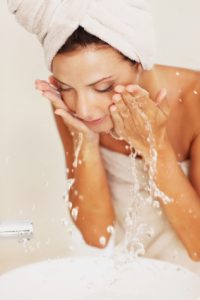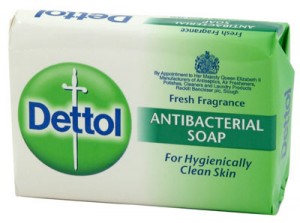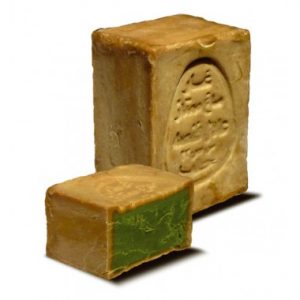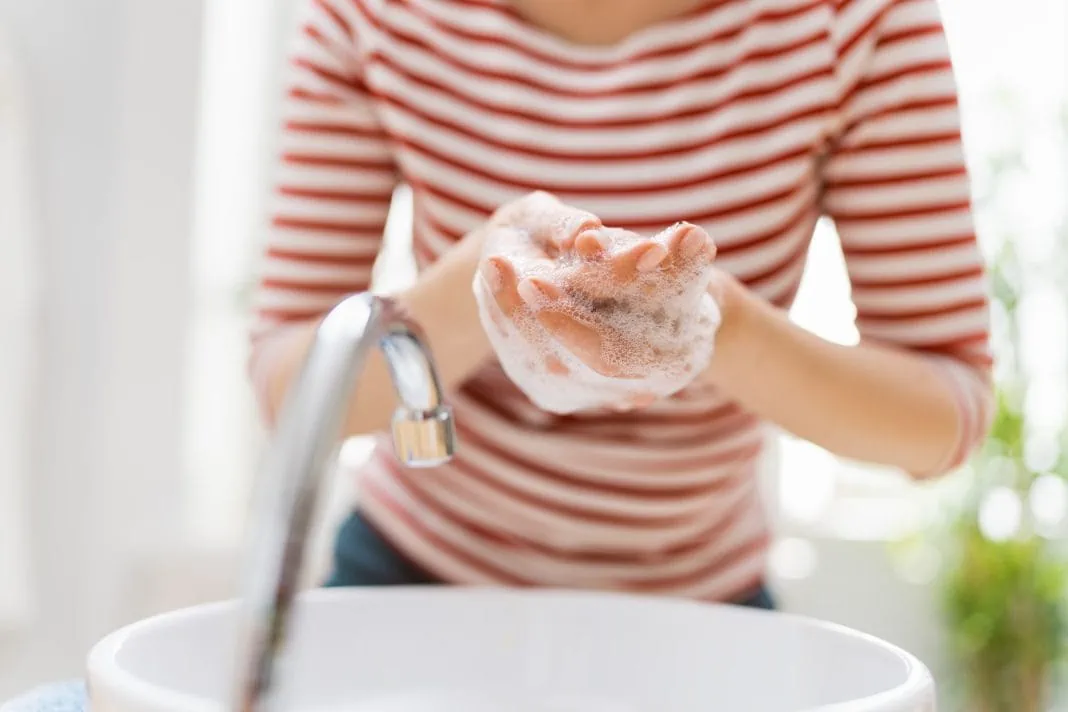Every self-respecting person thoroughly maintains his or her personal hygiene, whether it’s simply a life-long habit, or adhering to today’s social rules, or both. There’s no way of getting clean without using soap, or at least not if you think of all the bacteria and foreign substances we come in contact with daily.
From early childhood, we’ve been taught that dirt and bacteria can be life-threatening and we need to wash ourselves thoroughly if we really want to be clean. However, soap doesn’t just destroy bacteria and microbes; it also affects our body, starting with the skin.

What is soap and how does it work?
Regular soap combines an alkaline solution (usually Caustic Soda or Caustic Potash) and vegetable oil. But today’s manufacturers add a ton of other ingredients, like artificial fragrances, detergents, dyes, and so on. All of these, combined, usually give their products attractive smells, colors, and a longer shelf-life. But this usually comes at the cost of our health.
As most of us wash daily, we come in contact with these substances too often for our own good. These chemicals constantly harass our skin, and it’s even more vulnerable since we strip its natural oil barrier.
Speaking of, this is another downside of using soaps. If you wash often, you may experience dry skin, itchy skin, and even eczema. Washing yourself with water alone will only remove the oils from the skin’s surface. Using soap removes them even from deeper layers of the skin.
Just like gut flora, there’s also skin flora. There are bacteria everywhere (even if we’re exaggeratedly afraid of it), our skin included. Let’s say that humanity precedes the invention of soap, so our skin’s natural state includes sebum and bacteria. So what happens when we strip those off?
A 2009 study published in Nature Medicine discovered that the skin surrounding injuries presented less inflammation when natural skin bacteria were present. Considering this, constantly washing may worsen skin conditions such as acne, redness, and black spots. Sadly, we are still unaware of all the health hazards we expose ourselves to by washing with soap regularly.

The Dangers of Antibacterial Soap
On top of the classic ingredients used in soap-making and the shady chemicals you don’t understand when reading a soap label, an antibacterial soap also contains triclosan (used mostly in liquid antibacterial soap) and triclocarban (used in antibacterial bar soaps).
These two agents react with the chlorine in tap water and produce dioxins, carcinogenic neurotoxins that can also affect the immune system and lead to nerve disorders. Triclosan and triclocarban have also been shown to block thyroid hormone metabolism and contribute to the development of antibiotic-resistant bacteria. Be aware both these chemicals can be absorbed through the skin and even pass from nursing mother to baby through breast milk.
Antibacterial soap is not more efficient than washing with regular soap and hot water, according to multiple studies on the matter.

Staying dirty is definitely not a solution. While a bit of sweat can be removed with hot water alone, we still would need to wash ourselves thoroughly, every 1-3 days (depending on climate, physical effort…etc.), and when we come in contact with substances that are hard to remove, such as grease for example.
What you can do is find pH-balanced natural soaps, such as Aleppo natural soap, or soap-free cleansers, produced with organic ingredients and, of course, without those harsh chemicals usually contained by commercial hygiene products. They might be more expensive, but your skin will thank you.
